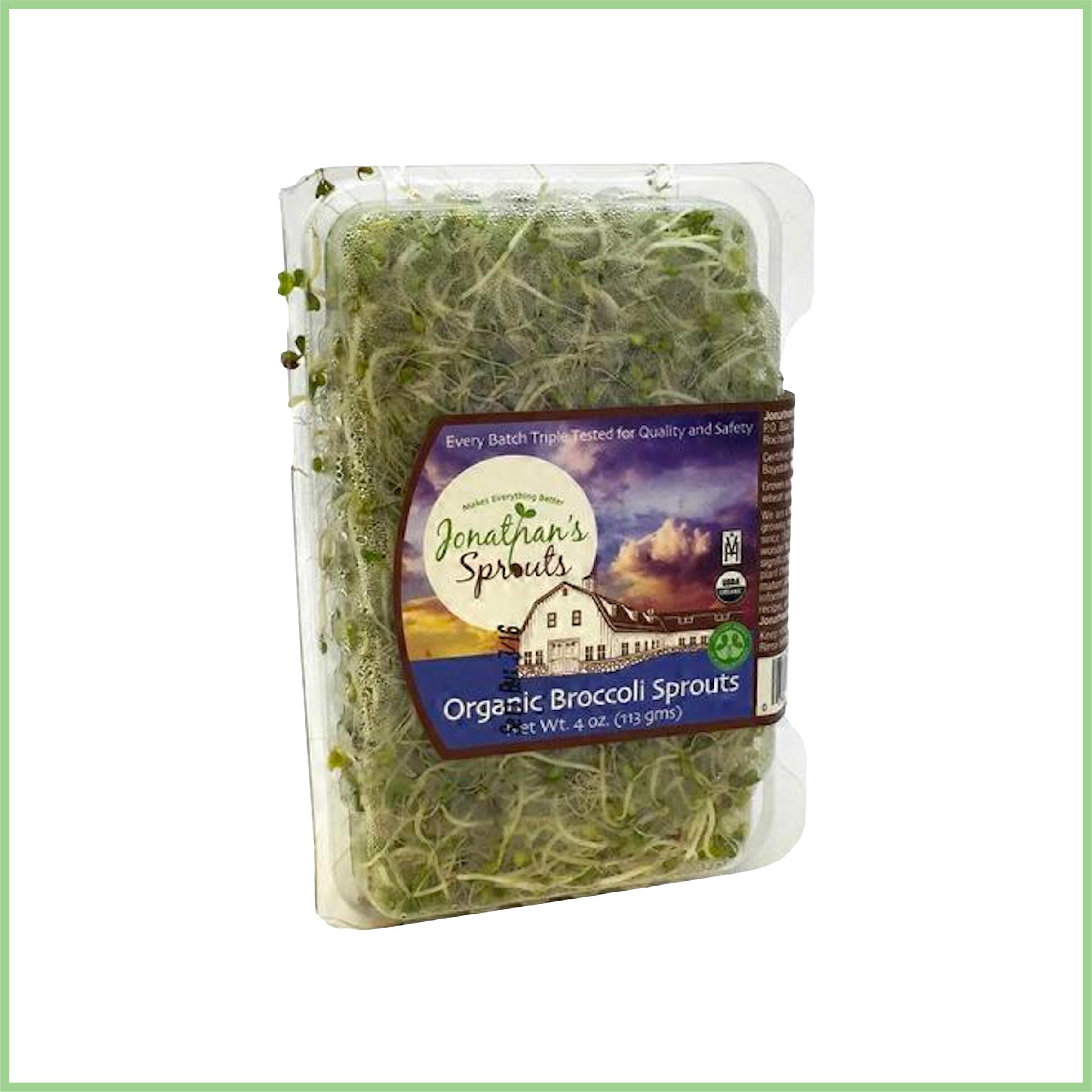the health benefits of eating sprouts
By Sandra Musial MD, Plant Docs
Sprouts are a superfood, meaning compared to all other foods, they are one of the most nutritious of all foods on earth! Sprouts are miniature baby vegetables, so they contain most of the nutrition found in the mature vegetable. If each individual broccoli sprout was allowed to grow big, it would become a head of broccoli.
Sprouts are a great source of Vitamin A and C, calcium, iron, and protein.
They have a lot of fiber – an important substance that improves our gut health, and most Americans are lacking sufficient fiber for healthy gut functioning causing hard stools and irreguarity.
Sprouts have an abundance of antioxidants – compounds that fight off toxins in our bodies.
They have a tremendous amount of phytonutrients – special compounds found in great quantities in these tiny plants – that help prevent heart disease, boost our immune system, and help prevent and ward off certain cancers.
For example, broccoli sprouts contain something called Sulforaphane that has been found to fight cancer by blocking the growth of cancer cells and causing cancer cells to self-destruct.
1 oz of broccoli sprouts has the same amount of Sulforaphane as 1 and 1/2 pounds of mature broccoli! So, 1 serving of broccoli sprouts has 100 times the Sulforaphane as a serving of mature broccoli.
Sprouts can be added to salads, sandwiches or burgers, or wraps. They can be stir-fried with other vegetables or added to soups. To improve your health, eat at least 2 oz of sprouts per day!
how to grow sprouts in a jar
Growing your own sprouts is more cost-effective than buying pre-prepared sprouts from the grocery store. Better yet, they grow to an edible size within a few days. Here is a step-by-step guide for growing sprouts at home:
Soak the seeds. Put 1 tbsp of broccoli sprout seeds into your jar, ensuring they have at least one inch of water above them. Cover the jar with a sprouting lid or cheesecloth. Place the jar in a location that’s not in direct sunlight but will keep the sprouts at room temperature.
Leave for 24 hours. Allow the seeds to soak in the water undisturbed for a full day.
Drain and rinse the sprouts. After your seeds have soaked for a day, drain the water they’ve been soaking in using the cheesecloth as a strainer. Give them a good rinsing with cool water a few times. Set the jar with your drained and rinsed seeds on its side (to give your seeds some breathing room) somewhere in your kitchen out of direct sunlight.
Repeatedly soak and rinse. Repeat the rinsing and draining process for up to five days. Germination should begin by the first day, and the sprouts should grow larger and longer with each successive soaking. Rinse your sprouts at least once a day, but you can do so up to four times a day.
Remove the hulls. Add the raw sprouts to a large bowl of fresh water and use your hands to push down on them gently. You should see the brown hulls rise to the top, and you can easily skim them off. Repeat until very few hulls rise to the surface. You don’t have to worry about getting all of them. Once you remove the hulls, you can eat the sprouts.







